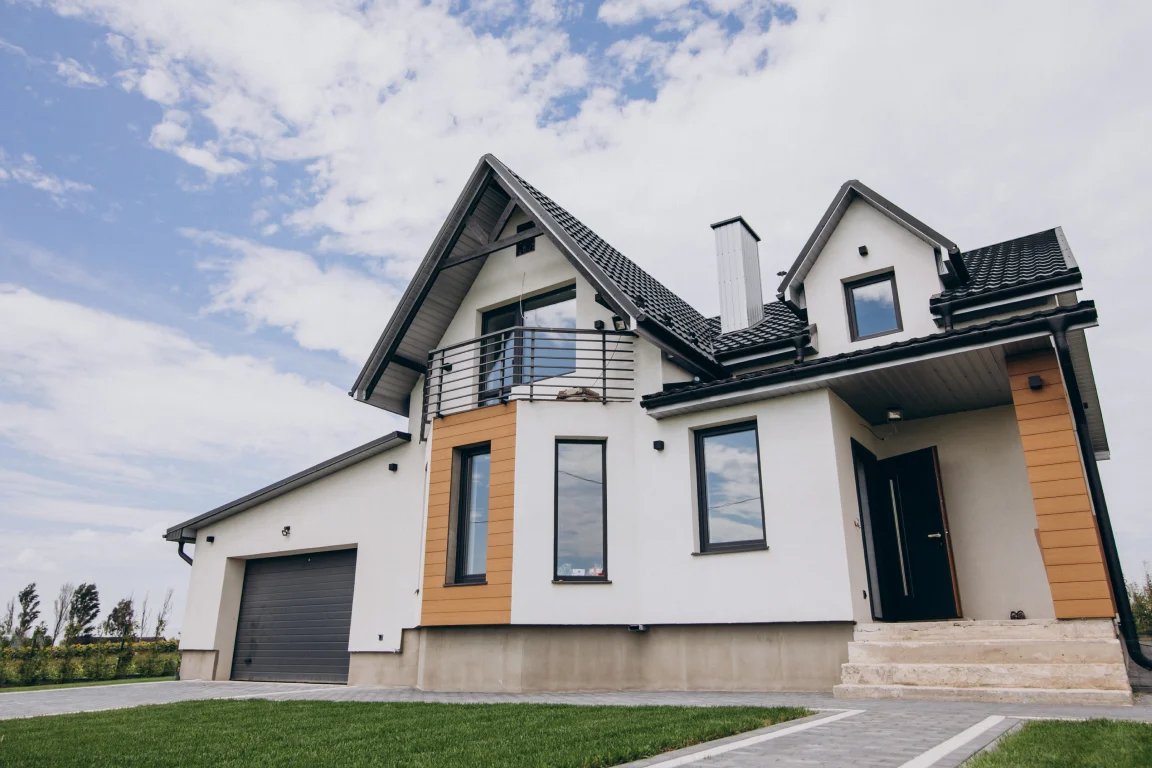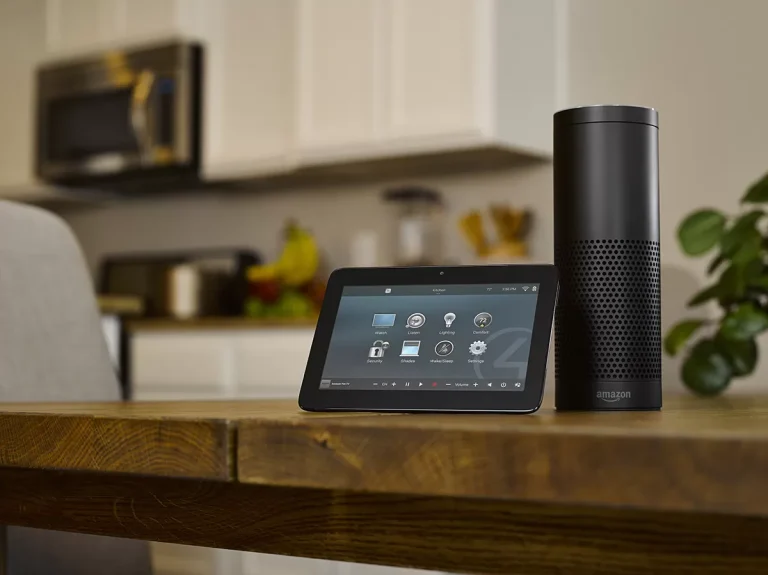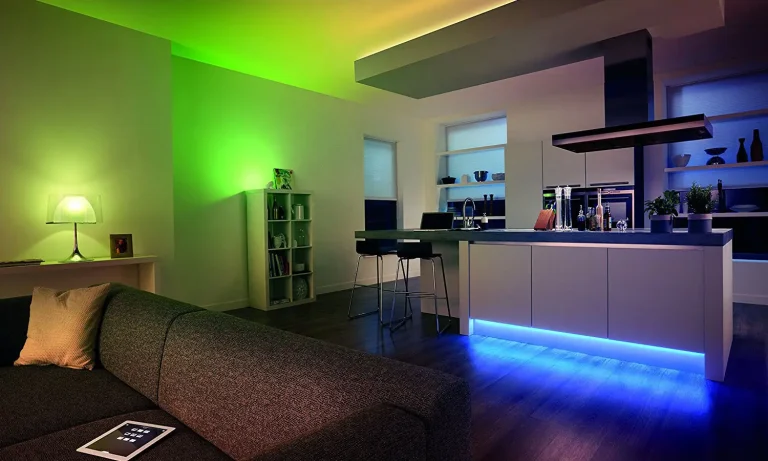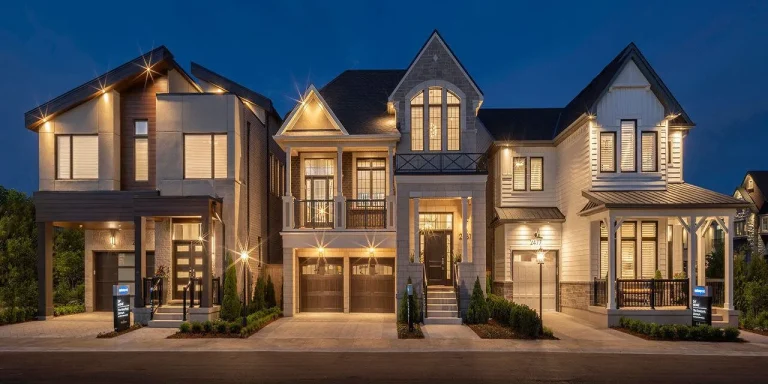Hire the Best Custom Home Builders – Build Your Dream Home with Trusted Experts
Hire the Best Custom Home Builders: Your Complete Guide to Building the Perfect Home
Building your own home is more than just a construction project it’s one of the most personal investments you’ll ever make. Every room, material, and detail reflects your lifestyle, priorities, and vision for the future. But realizing that dream requires more than a set of blueprints; it demands the expertise of professional custom home builders who can bring your vision to life with precision, quality, and care.
In this comprehensive guide, you’ll learn everything about the world of home builders: who they are, what they do, the tools and technologies they rely on, the benefits of hiring one, and how to find and work with the right builder for your project.
Understanding What a Custom Home Builder Does
A custom home builder is a professional contractor or company specializing in designing and constructing homes tailored specifically to a client’s needs. Unlike volume builders that use standard designs across multiple lots, custom builders work on individual projects, often starting from scratch or a client’s architectural design.
They handle the entire construction process, including:
-
Land assessment and site preparation
-
Architectural and structural design collaboration
-
Permitting, inspection, and code compliance
-
Material sourcing and subcontractor coordination
-
Project management, quality assurance, and client communication
The best home builders act as both manager and craftsman turning architectural drawings into physical spaces that combine aesthetics, functionality, and long-term durability.
Why Working with a Professional Home Builder Matters
Building a home involves hundreds of decisions and moving parts. Without an experienced builder, homeowners face risks like cost overruns, code violations, or poor workmanship. A professional home builder simplifies this complexity, bringing structure, accountability, and technical know-how.
Expertise and Project Management
A home builder orchestrates all project stages coordinating electricians, plumbers, carpenters, masons, and painters. They manage schedules, control costs, and ensure timely delivery, saving you countless hours and potential headaches.
Legal Compliance and Safety Standards
Each region has its own building codes and safety regulations. Professional builders navigate zoning restrictions, structural standards, and environmental regulations, ensuring your home meets legal and safety requirements.
Cost Efficiency and Supplier Networks
Because they buy in bulk, builders enjoy discounts from suppliers, saving money on materials like lumber, steel, tiles, and fixtures. They also have long-term relationships with subcontractors, which guarantees quality work at fair prices.
Warranty and Post-Construction Support
Most reputable builders provide multi-year warranties covering structural, plumbing, and electrical components. That warranty ensures long-term peace of mind and adds resale value to your home.
The Benefits of Hiring a Custom Home Builder
Personalized Design Flexibility
Custom builders don’t work from rigid templates they let you personalize every aspect, from floor plan and ceiling height to energy systems and finishes. You can design open-plan kitchens, spa-inspired bathrooms, or smart-home features that match your lifestyle.
Quality Craftsmanship
Unlike mass builders that rely on standardized methods, custom builders focus on detail and quality. They use premium materials, skilled artisans, and superior finishing. Each home is treated as a unique project, not one among hundreds.
Time and Stress Reduction
Managing your own construction can be overwhelming. A custom builder eliminates that stress through professional oversight, transparent communication, and dedicated project timelines.
Value Optimization
A well-built custom home typically appreciates faster and sells for more because of its craftsmanship and uniqueness. It’s not just a place to live it’s an investment in your future.
Eco-Friendly and Smart Options
Many modern home builders integrate green technologies, from solar energy systems and sustainable insulation to smart thermostats and water-efficient fixtures, improving both comfort and energy performance.
Tools and Technologies That Empower Home Builders
Modern home builders rely on a blend of construction hardware tools and digital software platforms to deliver precision and efficiency. Below are some of the most essential and widely used technologies that shape today’s home building industry.
Milwaukee M18 FUEL 7-Tool Combo Kit 3697-27
This seven-piece cordless kit includes a hammer drill, impact driver, circular saw, reciprocating saw, grinder, multi-tool, and work light all powered by Milwaukee’s powerful M18 battery platform.
Use case: Builders on active job sites need portability and performance. The M18 FUEL line eliminates the need for multiple cords and outlets, enabling faster framing, trimming, and installation. The consistent torque and runtime help crews maintain productivity through long workdays.
Problem it solves: Reduces downtime, simplifies tool management, and improves workflow for multi-trade crews working simultaneously.
DEWALT 20V MAX XR Brushless Oscillating Multi-Tool DCS356B
This versatile tool handles cutting, sanding, grinding, and grout removal ideal for remodeling and finishing tasks.
Use case: Builders often encounter tight corners, uneven edges, and retrofit requirements. The DEWALT XR tool provides precision control, minimizing damage to finished materials while improving speed.
Problem it solves: Reduces the need for multiple specialized tools and allows precise adjustments during final installations.
STANLEY 47-Piece Home DIY Kit STHT74981
An all-in-one toolkit for small onsite fixes. Includes screwdrivers, pliers, adjustable wrench, tape measure, and more.
Use case: Even large builders need compact kits for small punch-list tasks tightening cabinet handles, adjusting hinges, or measuring on the fly.
Problem it solves: Eliminates the need to carry bulky toolboxes for minor finishing jobs and improves mobility inside the property.
Procore Construction Management Software
Procore is a cloud-based project management system that integrates scheduling, budgeting, document sharing, and progress tracking. It’s used globally by residential and commercial builders.
Use case: Builders use Procore to connect field teams, office managers, and clients on a single platform. It streamlines approvals, reduces miscommunication, and ensures version control for design documents.
Problem it solves: Eliminates paper trails, prevents scheduling errors, and allows clients to monitor progress remotely in real time.
BuildTools by ECI Solutions
This all-in-one platform helps custom home builders manage bids, selections, change orders, and budgets.
Use case: For builders handling multiple custom homes simultaneously, BuildTools offers project transparency and organized communication with homeowners.
Problem it solves: Prevents budget overspending, tracks client approvals digitally, and maintains documentation for future warranty claims.
Benefits of Technology in Home Building
Improved Accuracy and Efficiency
Technology ensures precise measurement, fast project scheduling, and quality control. Builders using software like Procore or BuildTools minimize rework, saving both time and money.
Enhanced Collaboration
Cloud-based platforms allow architects, clients, and subcontractors to work together in real time. This prevents costly delays and keeps everyone accountable for their responsibilities.
Data-Driven Decision Making
Software dashboards track materials, labor hours, and expenses. Builders can forecast costs more accurately, negotiate better supplier rates, and maintain profitability without sacrificing quality.
Sustainable Construction Practices
Smart energy modeling, 3D visualization, and eco-friendly materials help builders achieve LEED or equivalent energy certifications, appealing to environmentally conscious clients.
Real-World Examples of Leading Global Home Builders
Learning from the world’s leading builders gives insight into what defines excellence in the modern housing industry.
Toll Brothers (United States)

Known for luxury home construction, Toll Brothers integrates architectural creativity, customization, and sustainability. They use 3D modeling and virtual walkthrough technology to help buyers preview and personalize their homes before construction begins.
Metricon Homes (Australia)
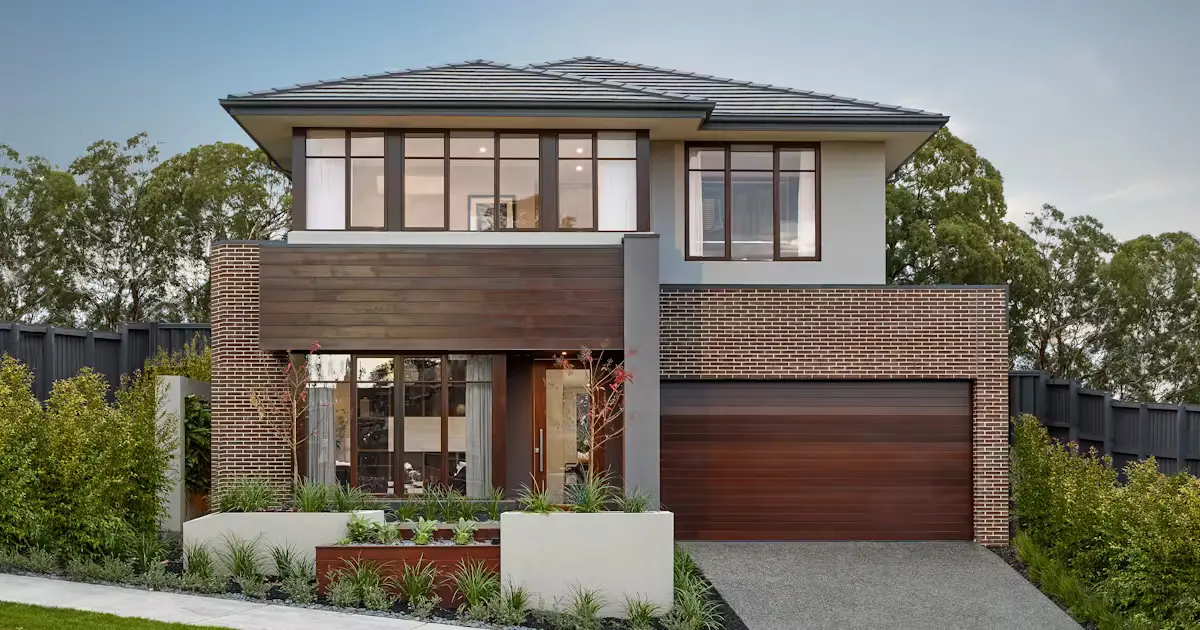
Metricon focuses on modern, energy-efficient designs. Their process combines online visualization tools and flexible floor plans, making them a leader in personalized home design for Australian homeowners.
Persimmon Homes (United Kingdom)
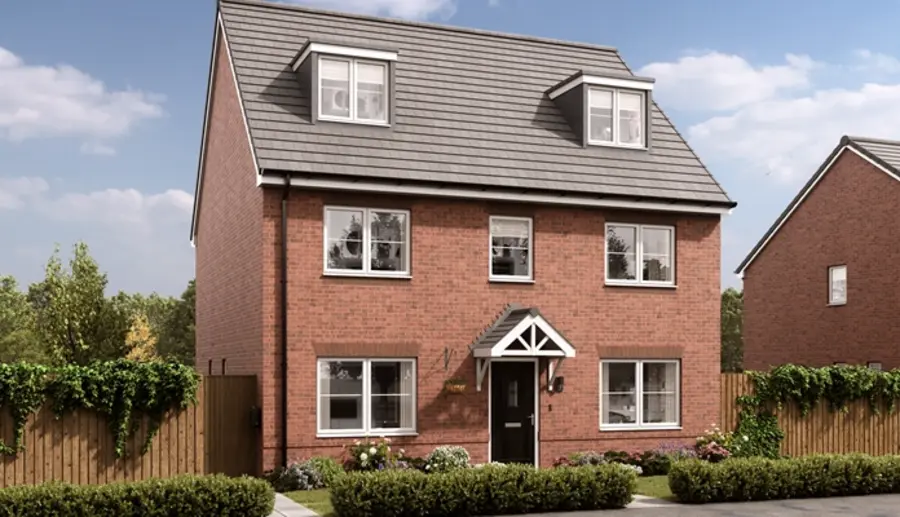
As one of the UK’s largest builders, Persimmon emphasizes community development, infrastructure integration, and affordability while maintaining consistent quality across hundreds of developments.
D.R. Horton (United States)
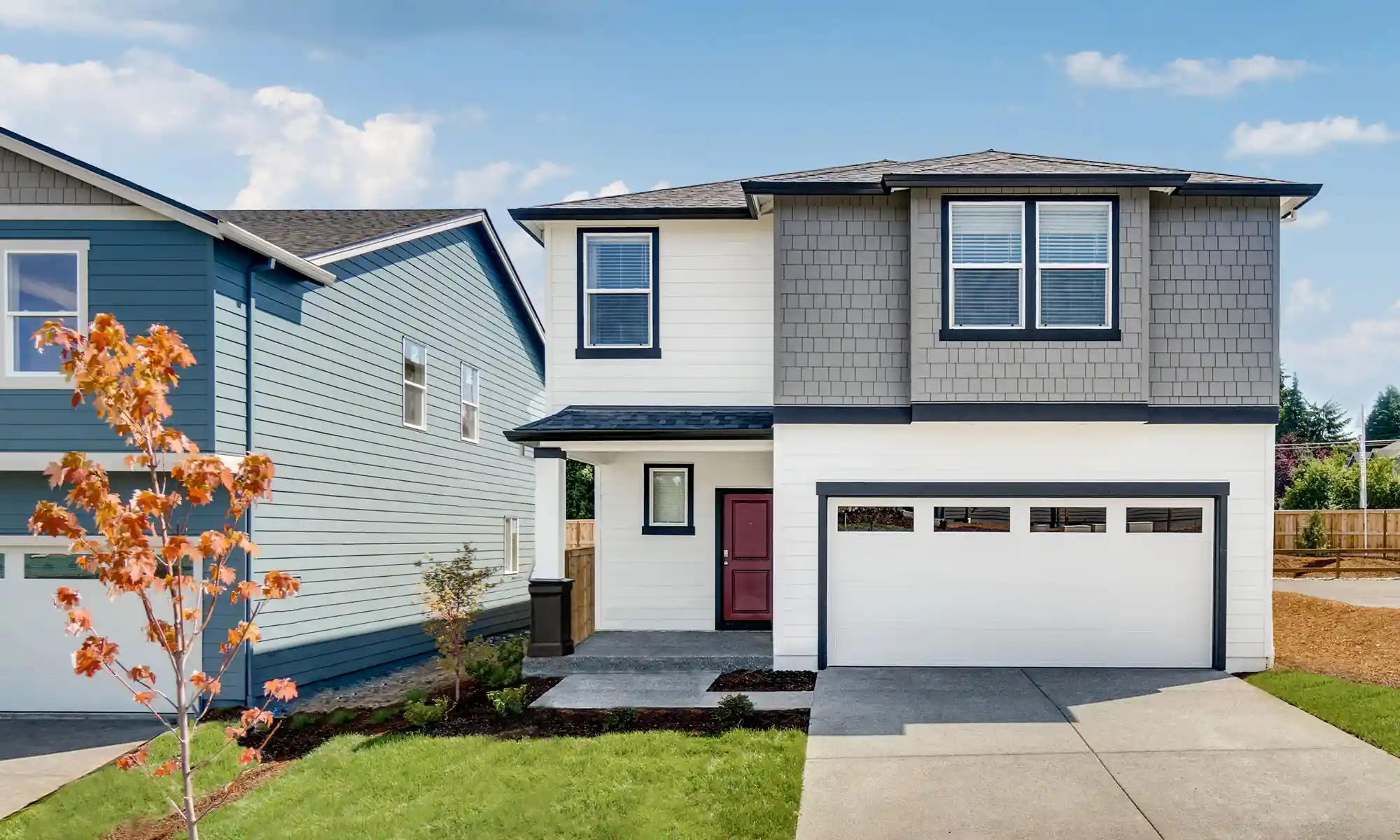
D.R. Horton leads the U.S. market by focusing on scale, affordability, and speed. They leverage digital workflows, standardized supply chains, and quality controls to deliver thousands of homes annually.
Sekisui House (Japan)

A pioneer in sustainable architecture, Sekisui House specializes in prefabricated, high-efficiency homes using advanced environmental technologies. Their modular systems reduce waste and improve energy conservation.
How a Home Builder Solves Common Problems
Budget Overruns
Professional builders set clear estimates, manage subcontractor quotes, and monitor progress through software tools minimizing financial surprises.
Delays and Poor Coordination
They use scheduling software to coordinate trades and deliveries. A detailed construction timeline ensures each phase from framing to finishing flows seamlessly.
Compliance and Inspections
Builders handle permits and liaise with inspectors to ensure everything meets building codes. This protects you from fines and rework later.
Quality Control
A reputable builder uses established quality-check milestones foundation inspection, rough-in verification, pre-finish review ensuring every stage meets standards.
Warranty and Maintenance
Most builders offer at least a 5- to 10-year structural warranty, plus shorter-term warranties on finishes and systems. This protects your investment well after move-in.
How to Choose the Right Custom Home Builder
Define Your Goals and Budget
Before meeting builders, determine your must-haves (number of rooms, design style, sustainability level, technology features) and your total budget range.
Research and Shortlist Builders
Look for builders with relevant experience, strong client reviews, and portfolios matching your style. Online directories, real estate agents, and social media are excellent starting points.
Check Licensing and Insurance
Ensure the builder holds valid licenses, liability insurance, and worker’s compensation coverage. These credentials protect you legally and financially.
Visit Previous Projects
Nothing shows craftsmanship like seeing it firsthand. Visit completed homes or ongoing projects. Pay attention to details finishes, joints, paint, and material quality.
Ask About Warranties and Materials
Ask what warranty coverage they provide and which material brands they use (for roofing, windows, flooring, etc.). Reputable builders only work with trusted suppliers.
Understand the Contract
Review the contract for timeline, payment milestones, and change-order policies. Avoid open-ended allowances that may inflate costs later.
Maintain Communication
The best builders provide regular progress updates, site photos, and cost reports. Clear communication prevents misunderstandings and keeps your project on track.
Where to Buy and How to Get Started
You can begin your home-building journey by connecting directly with professional builders or purchasing key construction tools:
-
Hardware Tools: Available globally at Grainger, Amazon, or your local hardware supplier.
-
Software Solutions: Try Procore or BuildTools for free demos.
-
Builder Discovery Platforms:
-
Houzz – find verified custom home builders near you.
-
HomeAdvisor – compare quotes, read reviews, and hire directly.
Frequently Asked Questions
1. How long does it take to build a custom home?
It depends on complexity, but a custom home typically takes 8–18 months from design to move-in. Factors include site conditions, design changes, weather, and permit delays.
2. What’s the average cost to build a new home?
Globally, costs vary widely. In the U.S., average costs range from $150 – $350 per sq ft, depending on design, materials, and location. Luxury or complex builds can exceed $600 per sq ft.
3. Can I choose my own materials and design features?
Absolutely. That’s the main advantage of working with custom home builders. You can select finishes, layouts, and systems to match your taste, budget, and sustainability goals.
Final Thoughts
Hiring a custom home builder is the smartest decision you can make when turning your dream home into reality. These professionals combine engineering expertise, aesthetic understanding, and cutting-edge technology to deliver personalized, high-quality homes that stand the test of time.
Whether you’re envisioning a modern villa, a classic colonial, or a minimalist sustainable retreat, partnering with a skilled home builder ensures every detail aligns with your vision. Their tools, technology, and processes guarantee not only craftsmanship but also comfort, efficiency, and long-term value.
Your dream home isn’t just built it’s crafted.
